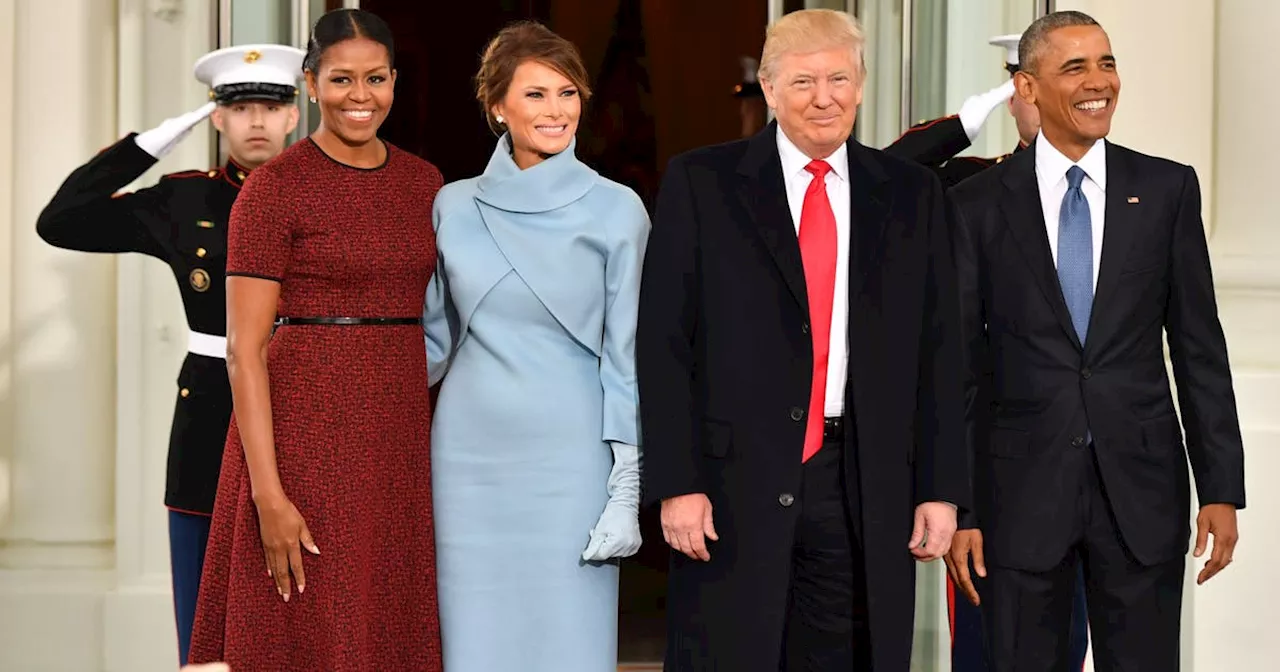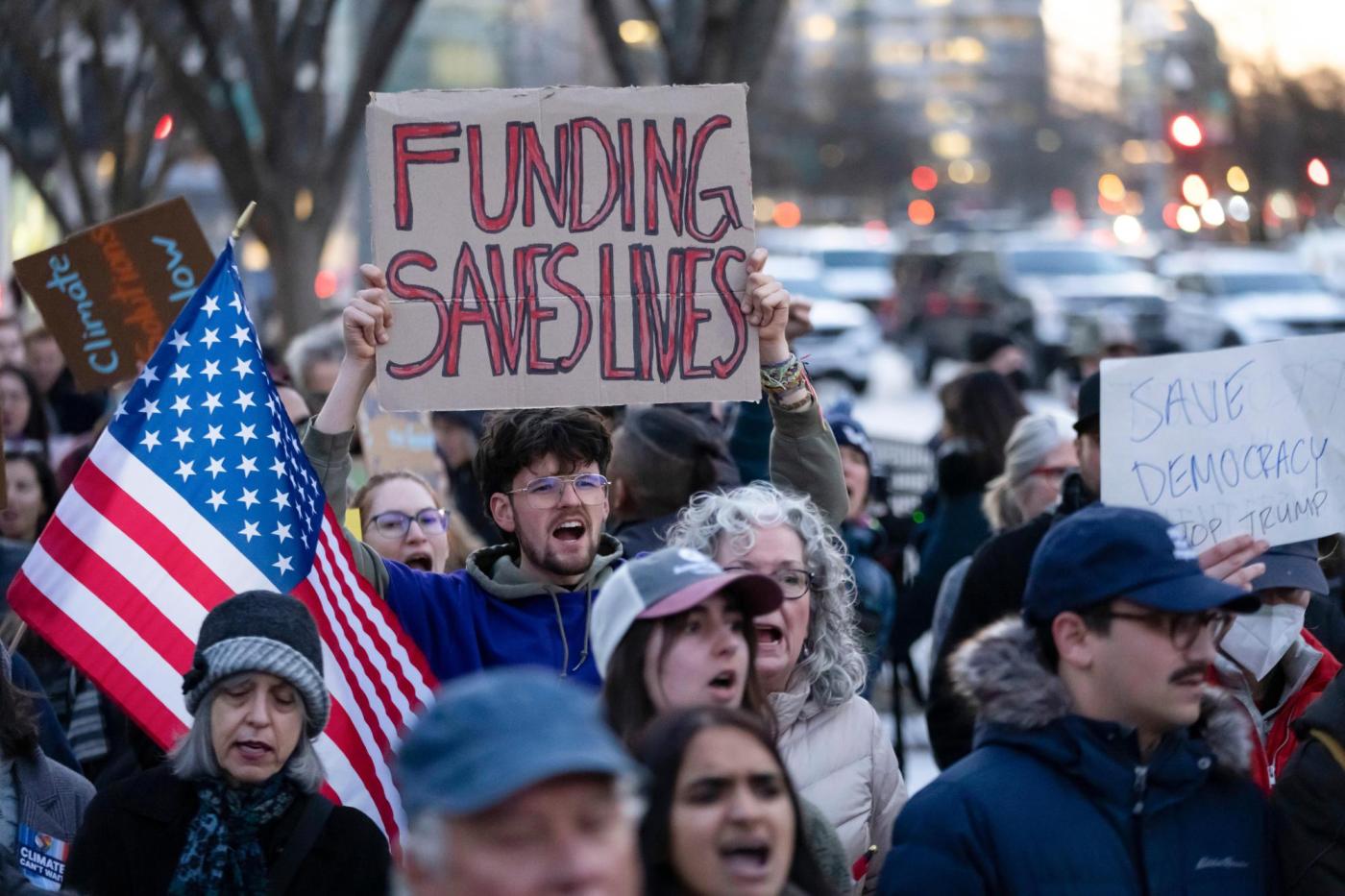Broadway’s musicians have successfully avoided a strike after reaching a last-minute labor agreement with commercial producers. The American Federation of Musicians Local 802 announced on Thursday that a tentative three-year deal was struck, which includes significant wage increases and enhanced contributions to health benefits. This agreement comes after a tense period of negotiations and mediation, which concluded just before the deadline.
The union, representing approximately 1,200 musicians, had warned of a potential walkout that could have silenced 23 productions, including major hits such as Hamilton and The Lion King. With the threat of disruption now lifted, the union’s president, Bob Suttmann, emphasized the importance of the new contract in ensuring musicians have access to health care while maintaining strong protections for their careers on Broadway.
Details of the Labor Agreement
The newly negotiated agreement includes provisions for wage increases, which will support musicians in building stable careers in the competitive environment of Broadway. The details of the contract will now be presented to the union members for ratification, marking a significant development in labor relations within the theater community.
This tentative deal is the second major labor agreement in under a week. The Actors’ Equity Association, representing over 51,000 performers, had previously announced a new three-year contract with producers, suggesting a period of improved labor relations on Broadway. The musicians’ previous contract had expired on August 31, 2023, while the actors’ contract lapsed on September 28, 2023.
Broadway’s Financial Health and Future Outlook
The financial landscape of Broadway has seen a remarkable recovery following the difficulties faced during the coronavirus pandemic. The 2024-2025 season reported a record-breaking gross of $1.9 billion, surpassing the previous peak of $1.8 billion achieved in the 2018-2019 season. This resurgence provides a strong argument for the unions, illustrating that producers have the capacity to increase pay and benefits for their members.
Nonetheless, producers, represented by The Broadway League, voiced concerns that fulfilling these financial demands might lead to increased ticket prices, potentially jeopardizing the financial stability that Broadway has recently regained. The potential impact of a strike was underscored by the memory of the 2007 walkout by stagehands, which lasted 19 days and caused significant disruption to numerous performances.
On Wednesday, three U.S. senators from New York and New Jersey, including Kirsten Gillibrand and Cory Booker, urged both sides to engage in constructive negotiations. They highlighted the vital role Broadway plays in supporting around 100,000 jobs and its importance to local businesses across various sectors, including hospitality and transportation.
As Broadway moves forward from this moment of uncertainty, the recent labor agreements signal a hopeful outlook for the future of theater in New York City. The musicians and actors now await the ratification of their contracts, which will shape the continuing evolution of the vibrant Broadway community.






